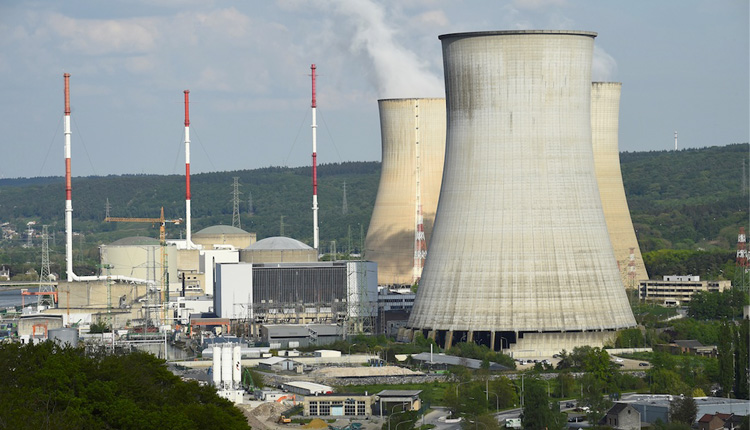Egypt is top of the Arab countries for developing nuclear programme, whether through supporting its nuclear research centre, in the nuclear medicine field or through establishing El Dabaa nuclear power plant to generate clean, affordable, and sustainable electricity.
Egypt has always been keen to improve its agriculture and increase the self-sufficiency levels of its strategic agricultural crops, former director of nuclear energy at the Pacific Northwest National Laboratory (PNNL), Alan E. Waltar, told Ahram Online.
During the period from January to April of this year, total Egyptian agricultural exports increased to more than 2.4 million tonnes.
Speaking to Ahram Online, Waltar said the world is now moving towards an enhanced adaptation of nuclear technologies for the massive positive implications they can bring, not only for countries and their economies, but also for individuals.
With this augmented interest, much research has been conducted to study the techniques that will help in empowering and developing various sectors.
Similarly, according to Waltar, the International Atomic Energy Agency (IAEA) alongside the Food and Agriculture Organization of the United Nations (FAO) have been working together to enhance these techniques for over 50 years.
Certain nuclear technologies can improve the soil and water balance, which improves the production of crops as a result, thus satisfying the growing population’s needs.
“That is why the world is now moving towards enhancing the peaceful nuclear national programmes, to get the utmost benefits from the applications of nuclear technologies, especially in the Arab world,” Waltar told Ahram Online.
“The International Atomic Energy Agency, in partnership with the Food and Agriculture Organization, has supported MENA countries facing severe salinization (the increasing amount of salt content in soil) to improve soil. The IAEA trained 60 scientists from ten countries — Iraq, Jordan, Kuwait, Lebanon, Oman, Qatar, Saudi Arabia, Syria, the United Arab Emirates and Yemen — who are now using nuclear and isotopic techniques to improve crop yields on salt-affected soils. Five years on, farmers are successfully growing crops under saline conditions IAEA reported,” he said.
“The applications are endless,” said Waltar.
According to a research paper by Waltar, the majority of the citizens are aware of the contributions of nuclear technology to the production of electricity via commercial nuclear power plants. However, most are unaware that the impact of this technology is even greater for non-power applications.
The worlds of medicine, agriculture, and modern industry has been substantially improved by the harnessing of radioisotopes, and new applications continue to make major humanitarian contributions to our quality of life, according to the research.
Not only does nuclear technology allow for higher crop production, it is also better for the environment, Waltar said, adding that attaching radioactive tracers to known quantities and varieties of fertilisers helps determine the associated nutrient efficiencies. This technique can therefore majorly reduce the amount of fertilizer required, reducing costs to the farmer as well as minimising environmental damage.
“The application of radiation techniques to the development of new crop varieties has likely provided the highest global economic value of any form of harnessing radiation. This includes mutant varieties or cultivars such as rice, barley, wheat and many more,” he added.


